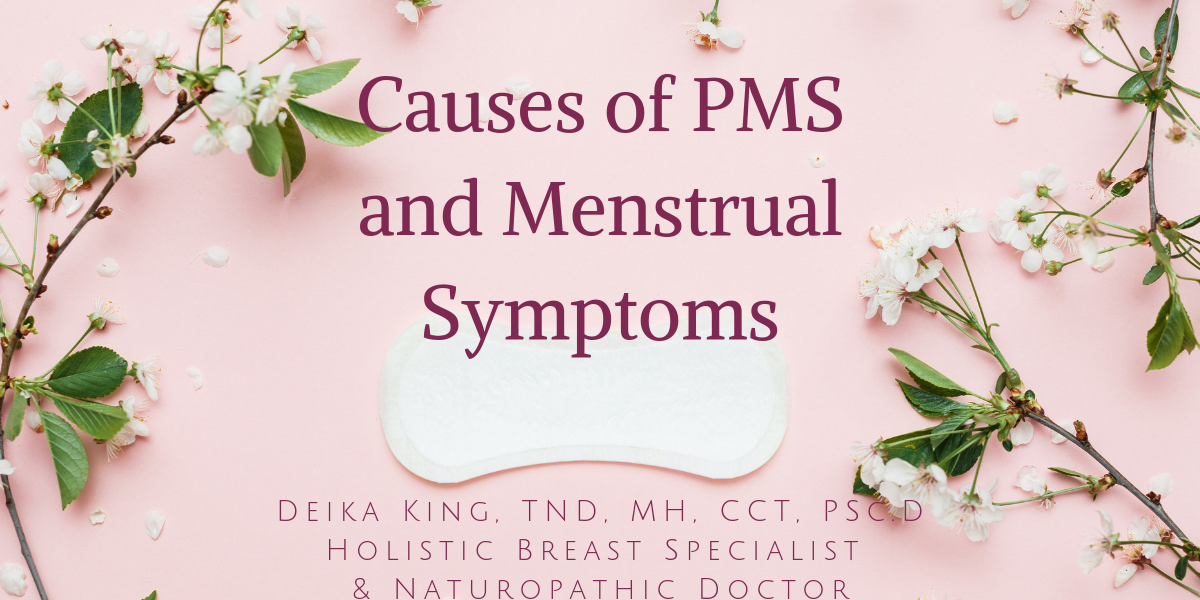It’s very difficult not to bump into someone who has suffered, currently suffers or knows someone who suffers with PMS. Unfortunately, PMS symptoms remains one of the most poorly understood conditions among women, despite its prevalence.
Although the ‘P’ in PMS stands for ‘Pre’, disturbing and often painful symptoms often continue for the duration of the menstrual cycle.
However, what causes the symptoms and the condition generally known as PMS?
Hormonal Fluctuations
The main cause is your hormones. Research has proven that women who are sensitive to hormonal fluctuations are prone to suffer from varied PMS symptoms. Basically, the primary sex hormones, estrogen and progesterone, are out of balance, compared to their non-menstrual ratios.
Normally, the progesterone level in the blood is higher than estrogen. The progesterone functions as the precursor and/or regulator of several hormones including estrogen, cortisol, aldosterone and testosterone.
A higher level of progesterone is important in preparing the uterine wall for the emergence of a fertilized egg, and when egg fertilization does not occur, progesterone levels quickly subside. In turn, menstruation take place.
The lack of progesterone, of which a major function is the regulation of estrogen, allows estrogen to be a temporarily dominant hormone. The increase of this essential hormone has upsetting effects that extend beyond the reproductive system.
Part of the range of effect is an increase in the likelihood of recognized PMS symptoms to occur, such as breast tenderness and mood swings.
Changes in Brain Chemicals
The fluctuations in the levels of other sex hormones also gives rise to problems in serotonin activity and signaling.
There are studies which suggest that neuro-chemistry also has something to do with the cause and emergence of PMS symptoms. In particular, researchers have discovered that women who are suffering from PMS symptoms have lower levels of serotonin.
Serotonin is known as the “happy hormone”
This means any decrease of this hormone can lead to mood swings, anxiety and other negative emotions.
Serotonin is the key player of a woman’s circadian rhythm (sleep cycles), stress responses, and their eating behaviors. The sleep problems are usually accompanied by other compounding symptoms such as mood swings, food cravings and fatigue.
This explains why many women who experience PMS symptoms quite often complain of difficulty in getting a good night’s sleep. They can also experience changes in their eating behaviors, such as stress eating or emotional eating.
A woman’s menstrual cycle subjects her to a roller coaster of emotions and physical symptoms. This is because as her hormones fluctuate, the hippocampus, amygdala and hypothalamus are also affected. Hormones are incredibly powerful.
Although released in tiny amounts, they are responsible for major impacts in bodily function – physical, emotional and mental.
Severity of symptoms varies for individuals and between individuals, but to those who understand the powerful actions of hormones it is not surprising that women suffer from a wide variety of PMS symptoms.
Hopefully as more research and studies are conducted on PMS, and the results made public, more people will be able to understand what is actually causing their problems.
This in turn will be helpful in the better understanding of why some women have very valid reasons for dreading the effects of their menstrual cycle.
If there are any topics you may like to see more of, please let us know. Meanwhile, please take a look at our Hormone Balance Solution for Immediate Restoration. or find out how Naturopathy can Help.
Deika King, TND, MH, CCT, PSc.D
Traditional Doctor of Naturopathy Houston
832-422-7271







